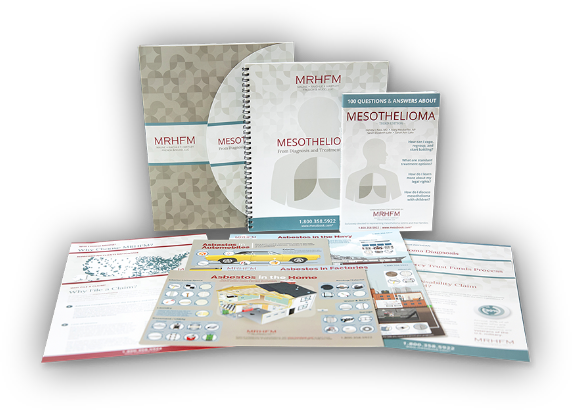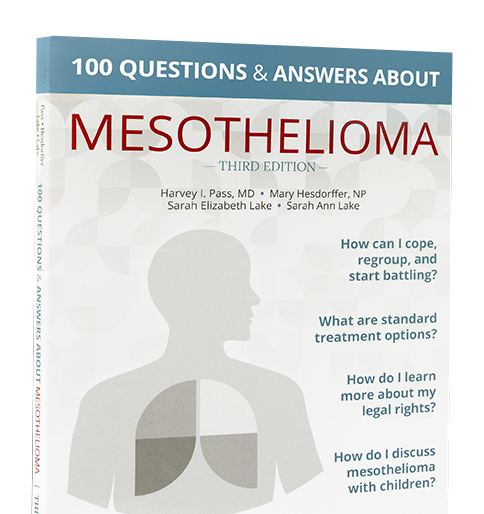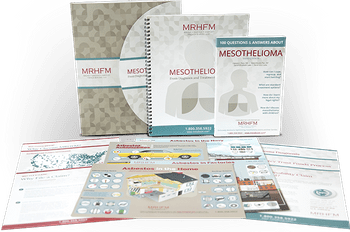We’ve all heard about the benefits of red wine. Studies show that certain components in the fermented grape juice can protect the heart, lower cholesterol, and boost the brain. Some studies say red wine, particularly the polyphenols and resveratrol found in it, can even fight leukemia and breast, skin, and prostate cancers. Now, one of the latest studies claims that red wine could help fight one of the world’s deadliest cancers—malignant mesothelioma (MM).
In a study published in the journal Biomedicine & Pharmacotherapy, researchers say emerging evidence indicates dietary phytochemicals such as resveratrol can exert anti-cancer activities by regulating microRNA expression. Though “a large number of dietary phytochemicals still remain to be tested,” says the study, phytochemicals such as resveratrol “have shown microRNA regulatory activities in various cancers and could regulate MM microRNAs.”
“Until now only one dietary phytochemical (ursolic acid) has been reported to have malignant mesothelioma (MM) microRNA regulatory ability.” Ursolic acid is found many herbs, plants and fruits such as apples, pears, cranberries, prunes, holy basil, lavender, peppermint, rosemary, oregano, and thyme.
The study also discovered that in addition to microRNA regulatory activities resveratrol and many other phytochemicals “have the potential to inhibit cancer by regulating the expression of various genes, which are also known to be aberrant in malignant mesothelioma.”
Another study found that, when combined with resveratrol, the platinum-based chemotherapy drug cisplatin induced MM cell death. Per the study, “the combination treatment of cisplatin and resveratrol (CDDP/RSV) synergistically induced apoptosis (programmed cell death), as evidenced by typical cell morphological changes, the appearance of sub-G0/G1 peak, an increase in the Annexin V(+) cells and the cleavage of caspase-3 and PARP.”
Though red wine is one of the most popular sources of resveratrol, it is important to note that it’s not the only source. Resveratrol can be found in red grapes (they don’t have to be fermented to contain resveratrol), dark chocolate, pistachios, blueberries, peanuts and peanut butter, and cranberries.
If you have been diagnosed with mesothelioma, talk to your doctor about complementary therapies such as resveratrol. This and other developing therapies could be helpful in managing your specific type of mesothelioma.
Sources
Castillo, Stephanie. "8 Reasons To Love Red Wine." Prevention. Rodale, Inc., 29 Jan. 2017. Web. 12 Dec. 2017.
Lee, Yoon-Jin, and Gina J. Lee. "Cisplatin and Resveratrol Induce Apoptosis and Autophagy following Oxidative Stress in Malignant Mesothelioma Cells." Food and Chemical Toxicology 97 (2016): 96-107. PubMed.gov. Web. 12 Dec. 2017.
Sayeed, Md. Abu, and Massimo Bracci. "Regulation of MicroRNA Using Promising Dietary Phytochemicals: Possible Preventive and Treatment Option of Malignant Mesothelioma." Biomedicine & Ph






